Month: November 2016
-
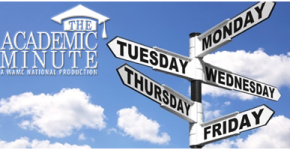
The Academic Minute for 2016.11.7-11.11
Academic Minute from 11.7 – 11.11 Monday, November 7th Sherry Linkon – Georgetown University Working Class Voters I do research in two areas: working-class studies and scholarship of teaching and learning. In working-class studies, much of my work explores the cultural meaning and social costs of deindustrialization. I’m currently working on a study of contemporary…
-
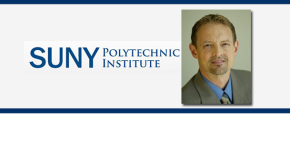
Robert Edgell, SUNY Polytechnic Institute – Media and Governance
Do news media corporations actually function with eyes wide open? Robert Edgell, professor of technology management at SUNY Polytechnic Institute, examines this question. Dr. Robert Edgell is an Assistant Professor of Technology Management at SUNY Polytechnic Institute and a Visiting Professor at the Swiss Business School in Zurich. Previously, he was a professor at American…
-
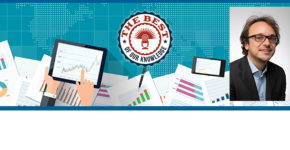
Pietro Perotti featured on The Best of Our Knowledge
As always, host Bob Barrett selects an Academic Minute to air during The Best of Our Knowledge. Each week this program examines some of the issues unique to college campuses, looks at the latest research, and invites commentary from experts and administrators from all levels of education. For this week‘s edition (#1364), Bob has selected…
-
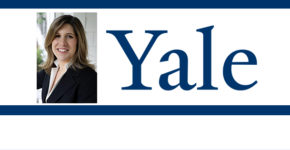
Joan Cook, Yale University – Why People Don’t Talk About Traumatic Events
Why do people wait to tell others about traumatic events? Joan Cook, associate professor of psychiatry at Yale University, discusses reasons that cause this delay. Dr. Cook’s clinical and research interests falls within three domains: traumatic stress, geriatric mental health, and the dissemination and implementation of effective mental health services in the community. She has…
-
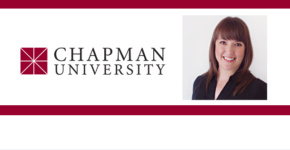
Ann Gordon, Chapman University – Natural Disaster Preparedness
We might not be as prepared for a natural disaster as we think. Ann Gordon, associate professor of political science at Chapman University, examines if our preparedness could use a tune-up. Dr. Ann Gordon is associate dean of Wilkinson College of Arts, Humanities and Social Sciences, and an associate professor of political science. She is…
-
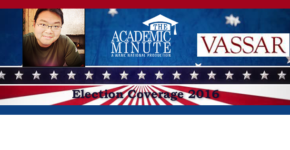
Benjamin Ho, Vassar College – Political Apologies
Politicians make a lot of apologies. Benjamin Ho, associate professor of economics at Vassar College, examines whether these apologies work and if there are consequences either way. Ben Ho is an associate professor of behavioral economics at Vassar College who applies economic tools like game theory and experimental design to understand social systems such as…
-
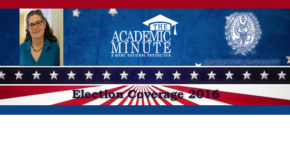
Sherry Linkon, Georgetown University – Working Class Voters
Working class voters have been in the news during this election season. Sherry Linkon, professor of English at Georgetown University, delves into deindustrialization and how it can affect this portion of voters this cycle. I do research in two areas: working-class studies and scholarship of teaching and learning. In working-class studies, much of my work…
-
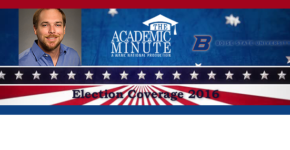
Luke Fowler, Boise State University – Environmentalism and Politics
Different regions of the U.S. think of environmental issues differently. Luke Fowler, assistant professor in the department of public policy at Boise State University, determines citizens want environmental protection, but come to different conclusions on who should provide it. Luke Fowler, Assistant Professor in the Department of Public Policy and Administration, completed his Ph.D. at…
-
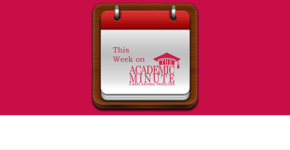
This Week On The Academic Minute (2016.11.7)
This Week on The Academic Minute 2016.11.7 Monday, November 7th Sherry Linkon of Georgetown University discusses working class voters in this election cycle. Tuesday, November 8th Benjamin Ho of Vassar College explores political apologies. Wednesday, November 9th Ann Gordon of Chapman University examines natural disaster preparedness. Thursday, November 10th Joan Cook of Yale University delves into why…
-
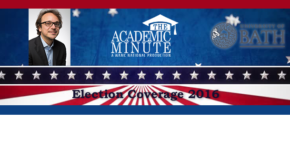
Pietro Perotti, University of Bath – Political Accounting
Who the president is may change how states report their financial data. Pietro Perotti, lecturer in accounting and finance at the University of Bath, describes how states more politically aligned with the executive may change their financial tune. I am mainly interested in three broad areas of research: the capital market effects of accounting information;…
